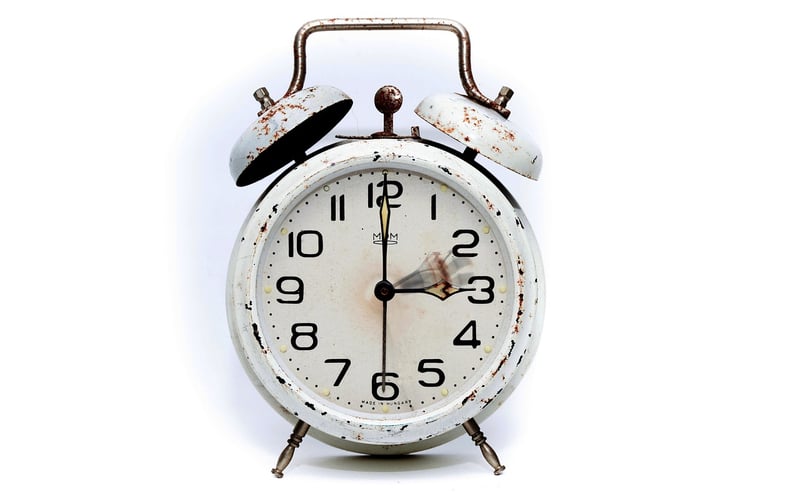Temporal Paradoxes
The Risks of Time Travel and Temporal Paradoxes
Time travel, a concept that has fascinated the human mind for centuries, is often portrayed in movies and literature as an exciting adventure. However, the reality of time travel is far more complex and fraught with risks, particularly when it comes to temporal paradoxes.
Understanding Time Travel
Time travel refers to the theoretical concept of moving between different points in time. While time travel is a popular theme in science fiction, the scientific community debates its plausibility. If time travel were possible, it could have profound implications for causality, free will, and the nature of reality.
The Grandfather Paradox
One of the most famous temporal paradoxes is the Grandfather Paradox. This paradox posits a time traveler going back in time and preventing their own grandfather from meeting their grandmother, thus preventing their own birth. This raises the question: if the time traveler was never born, how could they have traveled back in time to prevent their birth in the first place?
Risks of Temporal Paradoxes
Temporal paradoxes, such as the Grandfather Paradox, highlight the inherent risks of time travel. By altering events in the past, time travelers could create paradoxes that defy logical consistency. This could have unpredictable and potentially catastrophic consequences, leading to a breakdown in the fabric of spacetime.
Conclusion
While the idea of time travel is captivating, it comes with significant risks and challenges, particularly in the realm of temporal paradoxes. As we continue to explore the mysteries of time and space, it is essential to consider the potential consequences of meddling with the past and the delicate balance of cause and effect.

Explore more about time travel and temporal paradoxes here.
